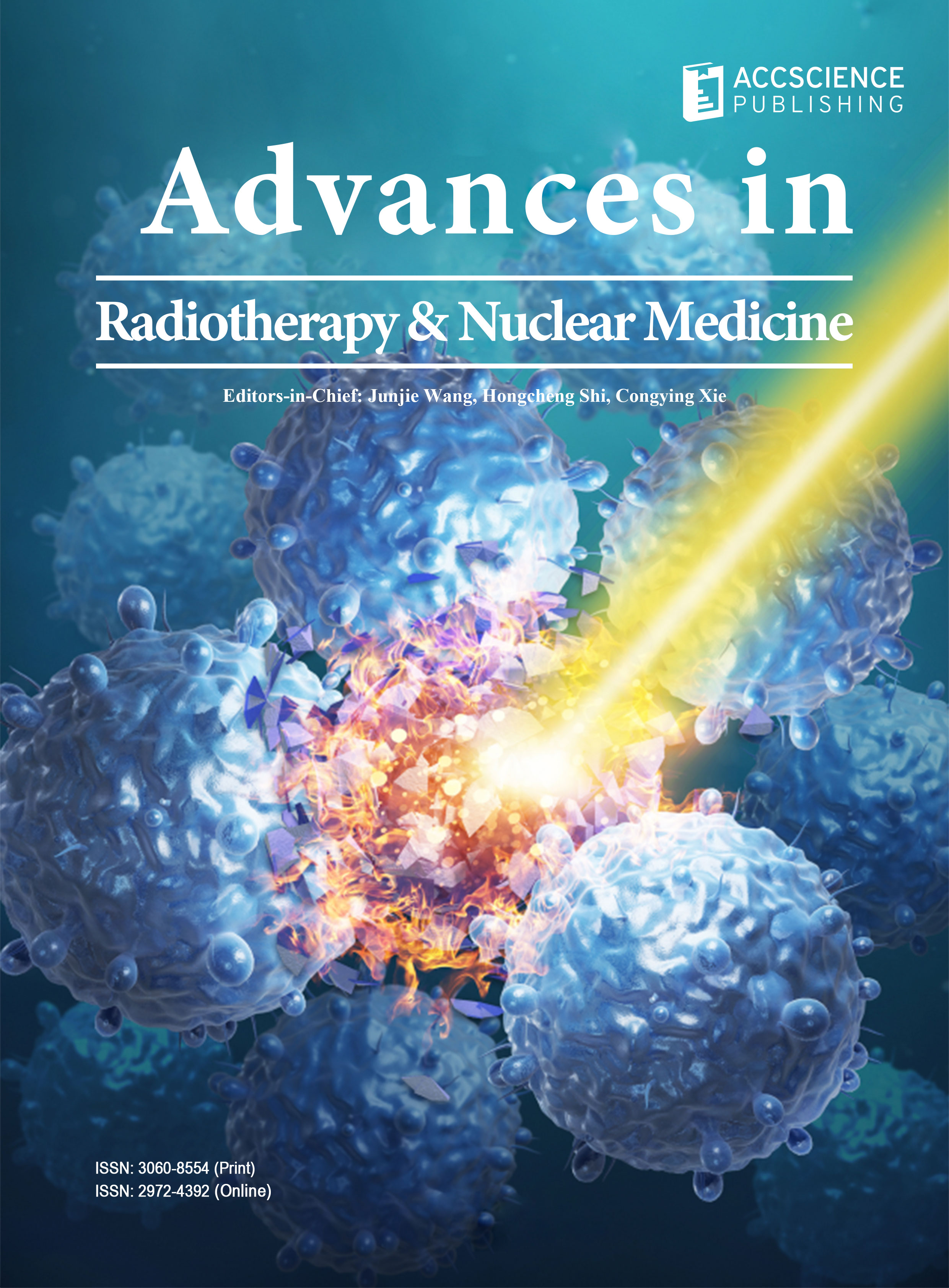Co-occurrence of rectal and lung cancers: A case report

Co-occurrence of two types of cancers, especially lung and colorectal cancers is rare. This study investigated patients at Bach Mai Hospital who were diagnosed with two or three cancers. Only a few patients concurrently had two cancers. Positron emission tomography (PET)/computed tomography (CT) was used for the staging of cancer, especially synchronous malignancies. In this report, we have presented the case of a patient diagnosed with rectal and lung cancer based on CT, magnetic resonance imaging, and PET/CT scans as well as immunohistochemistry. Managing terminal synchronous cancers is challenging. The efficacy of the preferred anticancer therapy must be considered to ensure patients’ quality of life. Although the combination of tyrosine kinase inhibitor-targeted therapy and chemotherapy is promising, its toxicity remains unknown. Our patient received two cycles of mFOLFOX6, afatinib, and bisphosphonate. However, the treatment was discontinued due to grade 3 stomatitis and grade 2 anemia. Despite recovery and partial response in terms of symptom and tumor marker reduction, the patient refused further treatment and chose palliative care.
- Huang JF, Shen J, Li X, et al. Incidence of patients with bone metastases at diagnosis of solid tumors in adults: A large population-based study. Ann Transl Med. 2020;8(7):482. doi: 10.21037/atm.2020.03.55
- Kurishima K, Miyazaki K, Watanabe H, et al. Lung cancer patients with synchronous colon cancer. Mol Clin Oncol. 2018;8(1):137-140. doi: 10.3892/mco.2017.1471
- Alghanmi HA. Successful treatment of synchronous double lung primary malignancies and colon cancer. Cureus. 2022;14(2):e22552. doi: 10.7759/cureus.22552
- Chirila ME, Piciu D, Larg MI, Barbus E. Synchronous and metachronous cancers on F18-FDG PET-CT. A tertiary cancer center experience. Int J Radiat Oncol Biol Phys. 2019;105(1):E464. doi: 10.1016/j.ijrobp.2019.06.1427
- Vlaskou Badra E, Baumgartl M, Fabiano S, Jongen A, Guckenberger M. Stereotactic radiotherapy for early stage non-small cell lung cancer: Current standards and ongoing research. Transl Lung Cancer Res. 2021;10(4):1930-1949. doi: 10.21037/tlcr-20-860
- Vogt A, Schmid S, Heinimann K, et al. Multiple primary tumours: Challenges and approaches, a review. ESMO Open. 2017;2(2):e000172. doi: 10.1136/esmoopen-2017-000172
- Wu Q, Luo W, Li W, Wang T, Huang L, Xu F. First-generation EGFR-TKI plus chemotherapy versus EGFR-TKI alone as first-line treatment in advanced NSCLC with EGFR activating mutation: A systematic review and meta-analysis of randomized controlled trials. Front Oncol. 2021;11:598265. doi: 10.3389/fonc.2021.598265
- Planchard D, Jänne PA, Cheng Y, et al. Osimertinib with or without chemotherapy in EGFR-mutated advanced NSCLC. N Engl J Med. 2023;389:1935-1948. doi: 10.1056/NEJMoa2306434
- Makatsoris T, Samantas E, Manousou K, et al. Afatinib in combination with cisplatin and 5-fluorouracil (5-FU) as first line treatment in inoperable gastric and gastro-esophageal junction (GEJ) cancer: A phase II study by the hellenic cooperative oncology group. Ann Oncol. 2018;29:viii227-viii228. doi: 10.1093/annonc/mdy282.061
- Fukuhara T, Nagashima H, Utsumi Y, et al. A phase II study of afatinib in combination with pemetrexed and carboplatin in patients with EGFR mutation positive non-squamous, advanced non-small-cell lung cancer (NSCLC) refractory to first-line osimertinib treatment: NEJ025B. J Clin Oncol. 2023;41(16_suppl):9044-9044. doi: 10.1200/JCO.2023.41.16_suppl.9044

